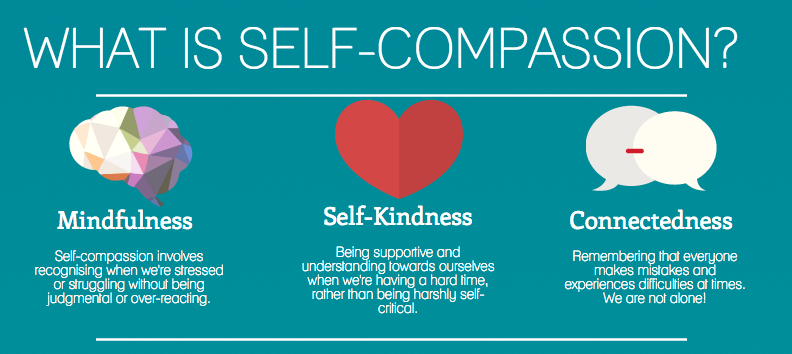
via GIPHY
#Sel-Compassion #Psychology #Empathy
What is compassion and how is it different from empathy or altruism? The definition of compassion is often confused with that of empathy.
Empathy, as defined by researchers, is the visceral or emotional experience of another person’s feelings. It is, in a sense, an automatic mirroring of another’s emotion, like tearing up at a friend’s sadness.
Altruism is an action that benefits someone else. It may or may not be accompanied by empathy or compassion, for example in the case of making a donation for tax purposes. Although these terms are related to compassion, they are not identical.
Compassion often does, of course, involve an empathic response and altruistic behavior. However, compassion is defined as the emotional response when perceiving suffering and involves an authentic desire to help.
by Emma M. Seppälä Ph.D.

Comments
Post a Comment